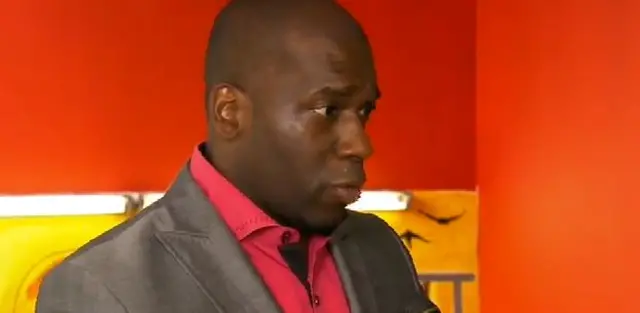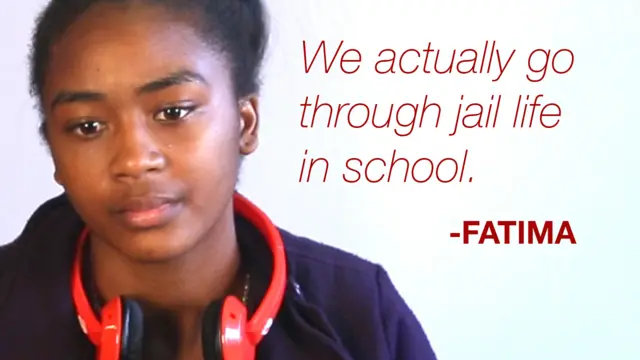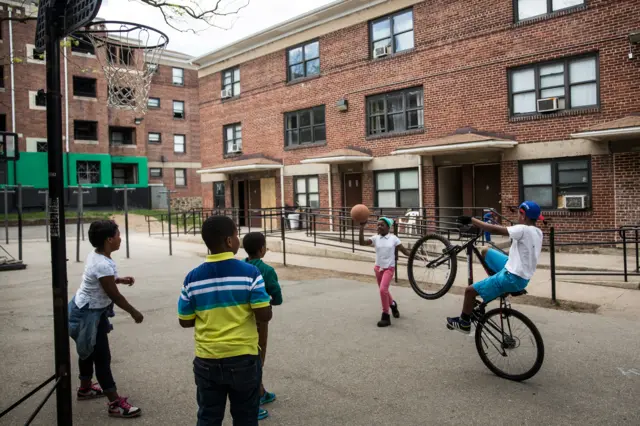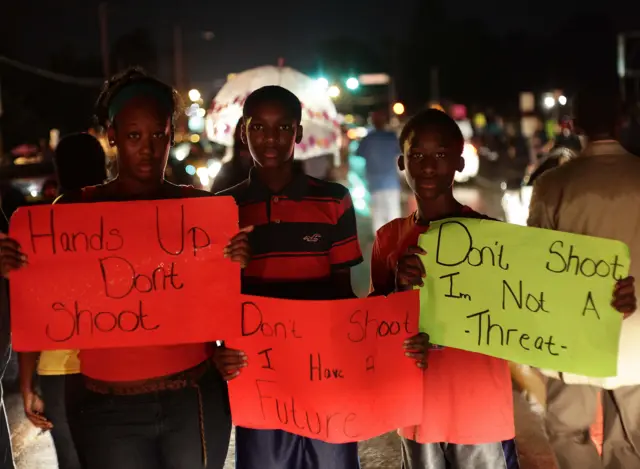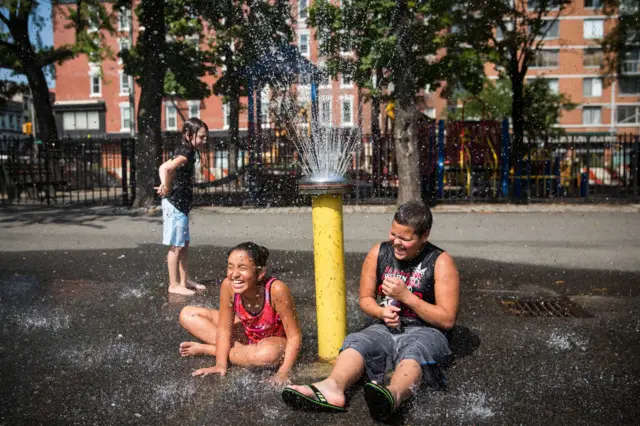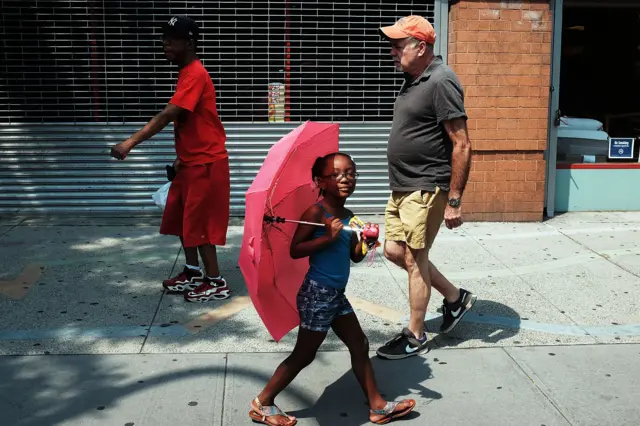Why are so many Americans behind bars?published at 20:45 BST 15 July 2015
More people are in prison in the US than anywhere else in the world, driven in part by heavy sentences for non-violent drug charges.
President Obama acknowledged that this week, as he launched a fresh bid to reform the US criminal justice system, saying: "Mass incarceration makes our entire country worse off".
Rajini Vaidyanathan, external takes a look at how the US prison population got to record levels in this short video:
Allow YouTube content?
This article contains content provided by Google YouTube. We ask for your permission before anything is loaded, as they may be using cookies and other technologies. You may want to read Google’s cookie policy, external and privacy policy, external before accepting. To view this content choose ‘accept and continue’.
We asked you for your thoughts on the issue on the BBC World News Facebook page, external, and you didn't hold back.
"Why? Because prisons are big business in the US," writes Robert Mingione, external.
Julie Langston argues, external that sending drug dealers to prison makes sense but says it's "appalling how many people are in prison for simply possessing personal amounts of drugs".
While Jon Goldson feels, external the real problem is the effect prison can have on low-level offenders: "By sending drug offenders to jail it enables networking between these nonviolent offenders and criminal gangs."
Not everyone agreed though. Judy Meyer wrote, external: "In my opinion there should be MORE people behind bars. Don't tell me that the business of drugs is nonviolent."
And Donamarie Darnell agreed, external. "Why? Because of lack of morals and poor upbringing. Choosing to break the law is just that, a choice."
You can read the full discussion on Facebook here, external.
You can also join the debate with us on Twitter via @BBCNewsUS, external, like Trevor Carlson did:
Allow X content?
This article contains content provided by X. We ask for your permission before anything is loaded, as they may be using cookies and other technologies. You may want to read X’s cookie policy, external and privacy policy, external before accepting. To view this content choose ‘accept and continue’.
Tomorrow, we'll be taking a look at a neighbourhood in Philadelphia that has been badly affected by a high incarceration rate.
In the meantime, take a look at this great series of maps and charts, external produced by Vox on how the US ended up with the world's largest prison population.
This one, for instance, shows how the rate of violent crime in America is much lower than it was two decades ago - yet the public perception is that it's been getting worse.
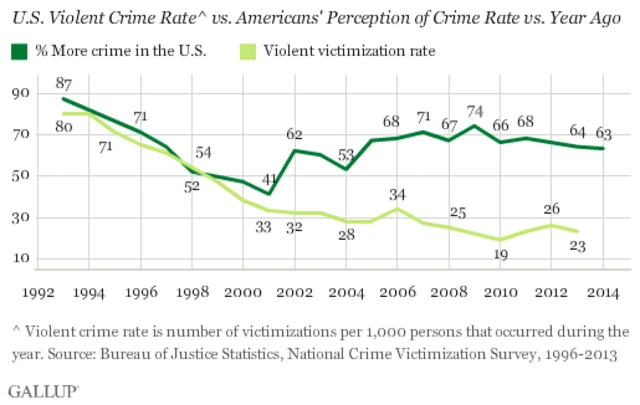 Image source, Gallup
Image source, GallupSo how do you feel? Safer? More afraid? Let us know your thoughts by using the hashtag #BBCSummerCity, external on Twitter, emailing us at summerinthecity@bbc.co.uk or texting +18059940222 (that's a US number)
